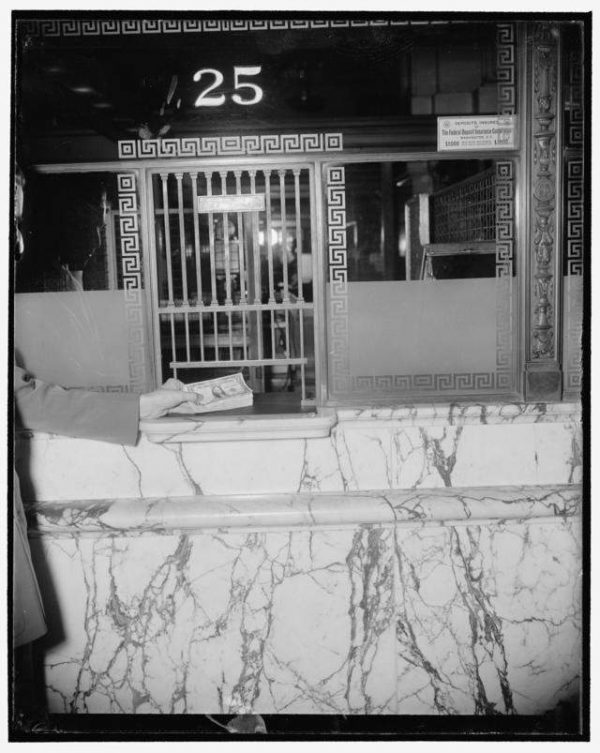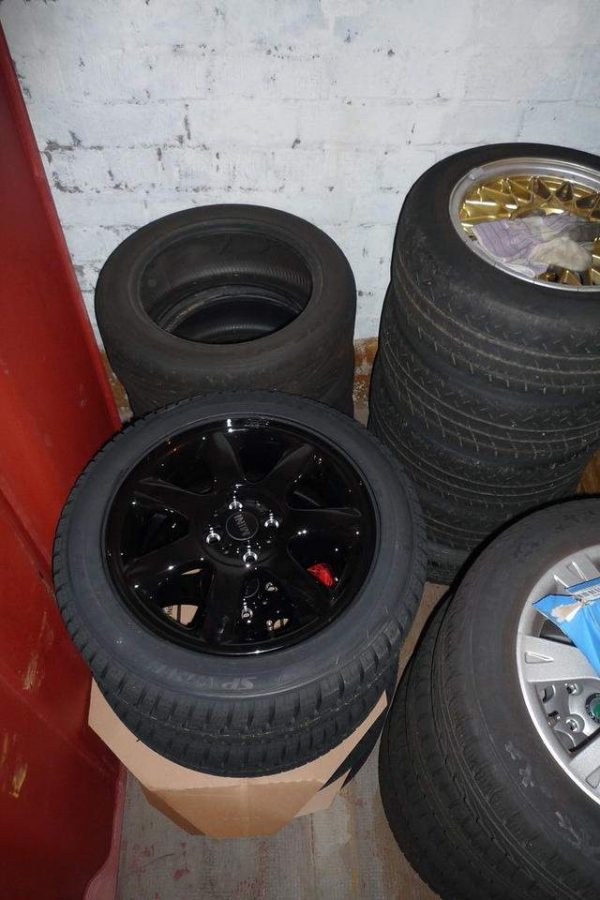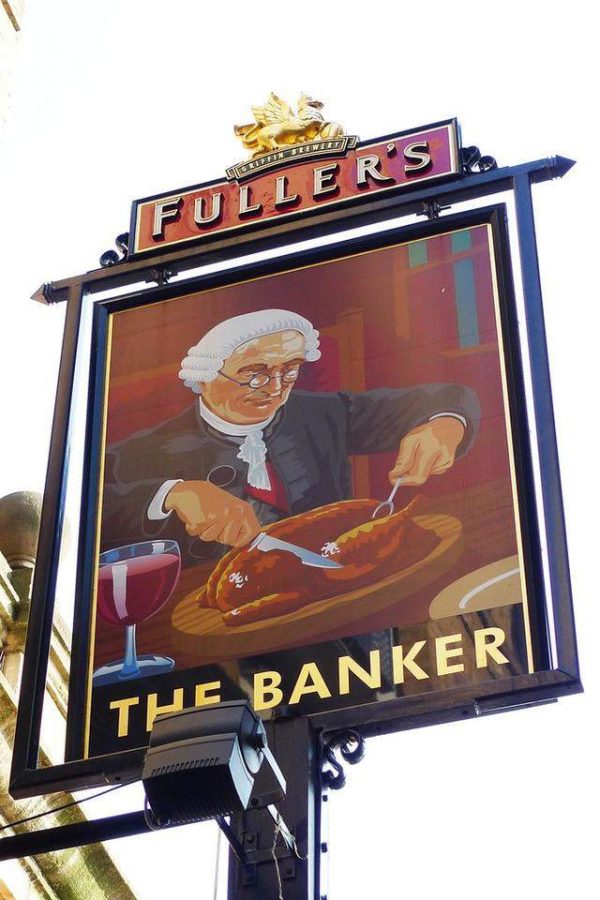Prices for legal REC are inching upward as unlicensed REC prices are declining—leaving consumers facing a $4.57 gap in price per gram between licensed and illicit product. That's the largest margin between legal and illegal market prices to date.
BNN Bloomberg, Bloomberg
- The average gram of legal REC sold for $10.30 between October and December, according to Statistics Canada. A year ago, that average was $9.69. A gram of illicit cannabis sold for an average of $5.73 in the same period, down from $6.44 a year before.
CBC News - Between October and December, Canadians spent $1.5 Billion on cannabis, and 38.2% of that trade was on the legal market. The average price of REC (legal and illegal) rose slightly from $7.46 to $7.50 per gram.
Dried flower dominated with more than 60% of sales, while vaping products held 19.5%, and edibles captured 7%.
- Some argued StatsCan's numbers wer questionable because they relied on crowd-sourced, self-reported numbers—particularly for data on legal prices, which could be derived from retailer data. Others complained StatsCan's crowdsourcing form is fails to mention illicit-market products and legal 2.0 products.
Twitter—Michael J Armstrong, Patrick Cain, Matt Lamers - Experts unsurprisingly suggested LPs should lower their prices.
Monthly legal REC retail sales totals continued climbing, reaching $135.7M in November, up from $128.9M in October and $122.9M in September.
- BC reported a 47% increase in sales, likely connected to the 36% increase in retail licenses it granted between September and October.
Twitter—David George-Cosh, Michael J Armstrong











